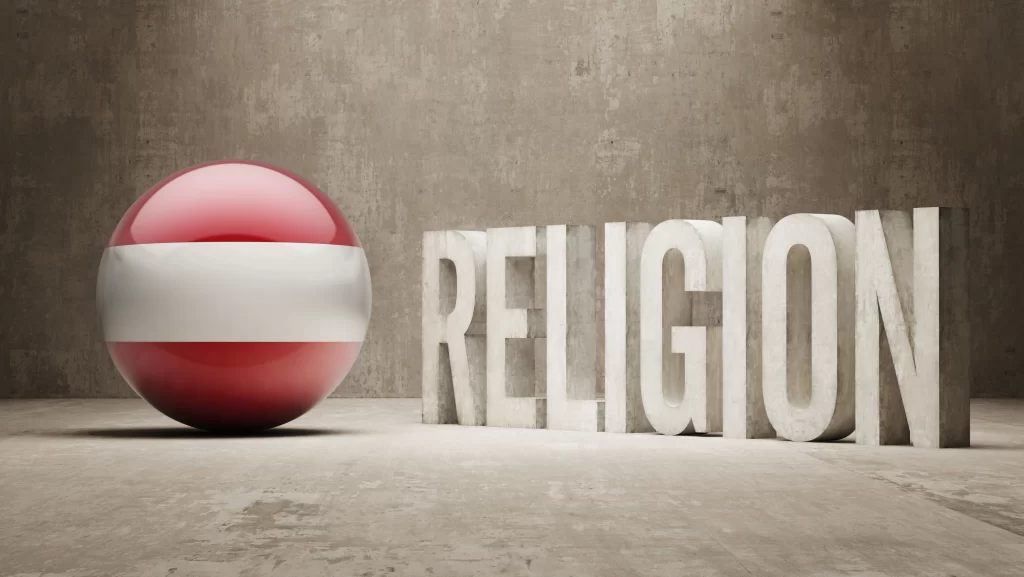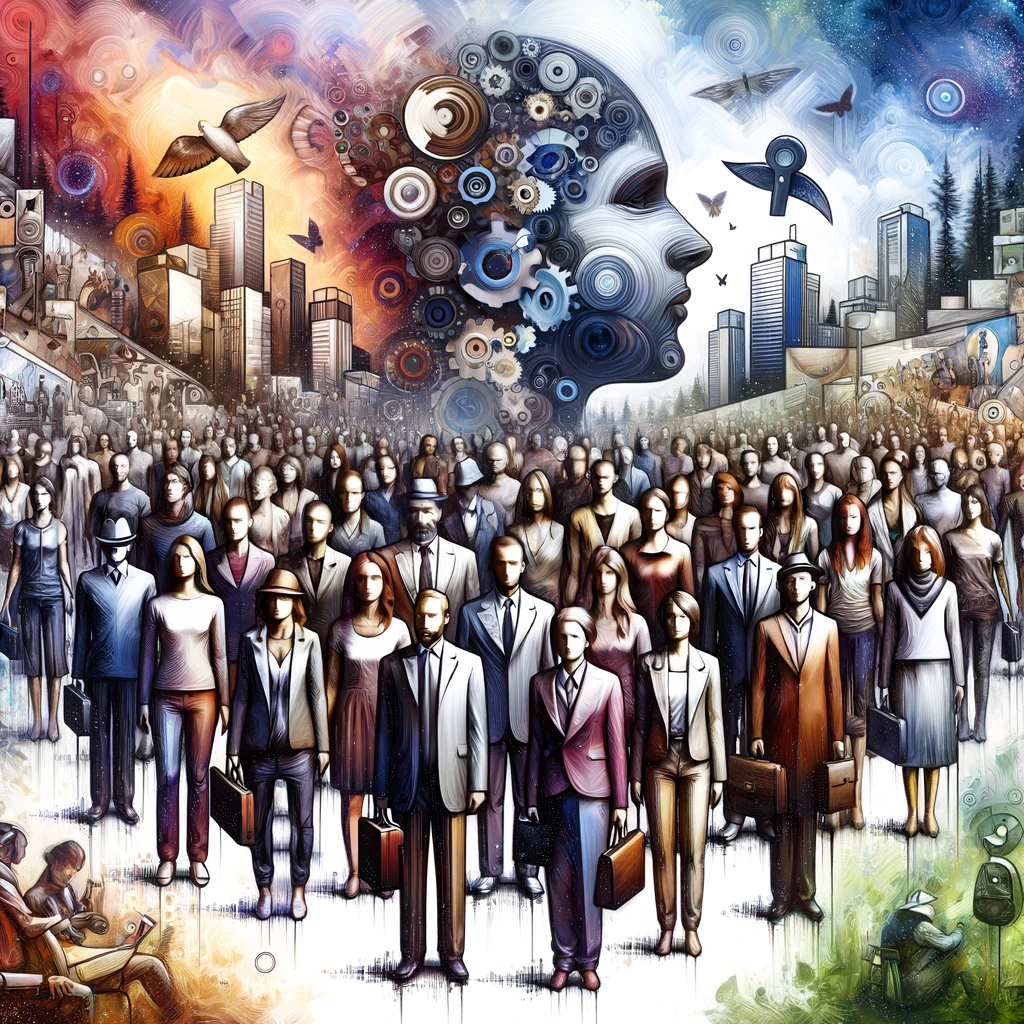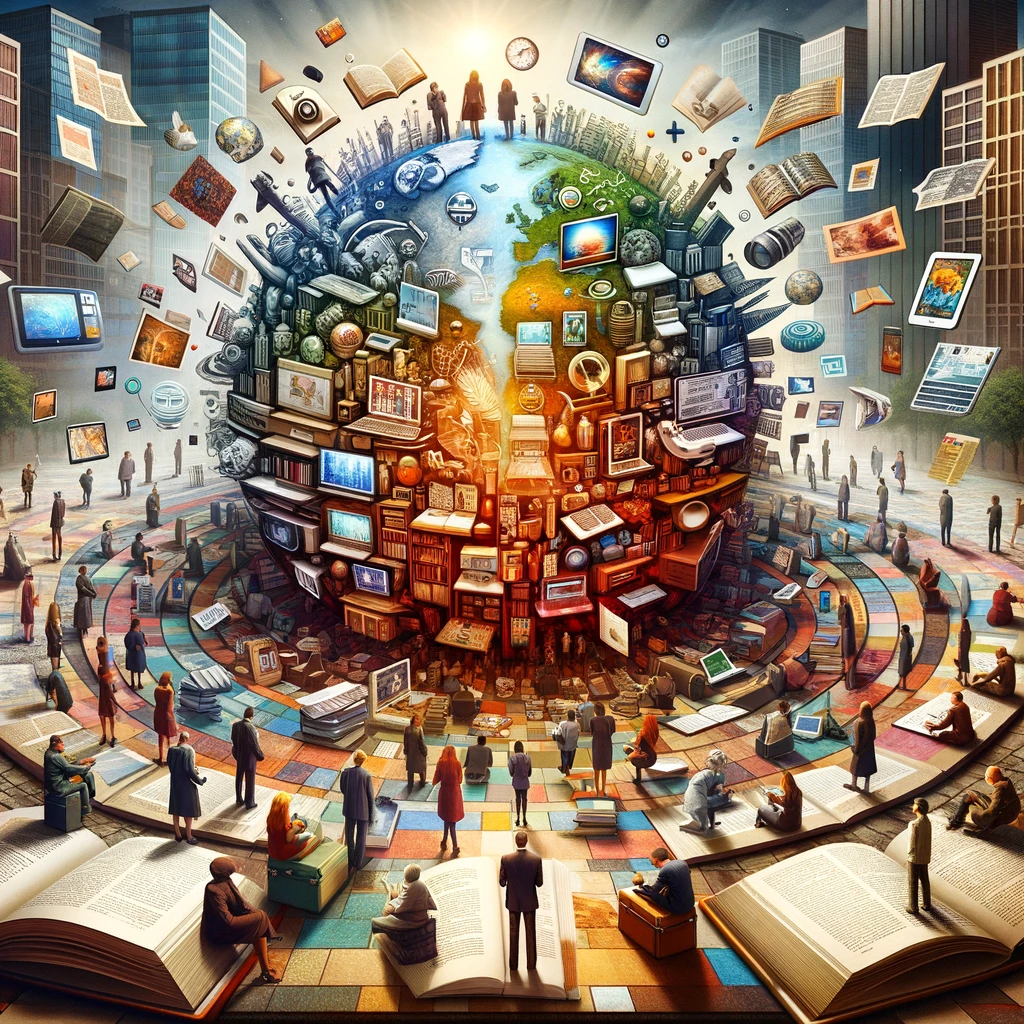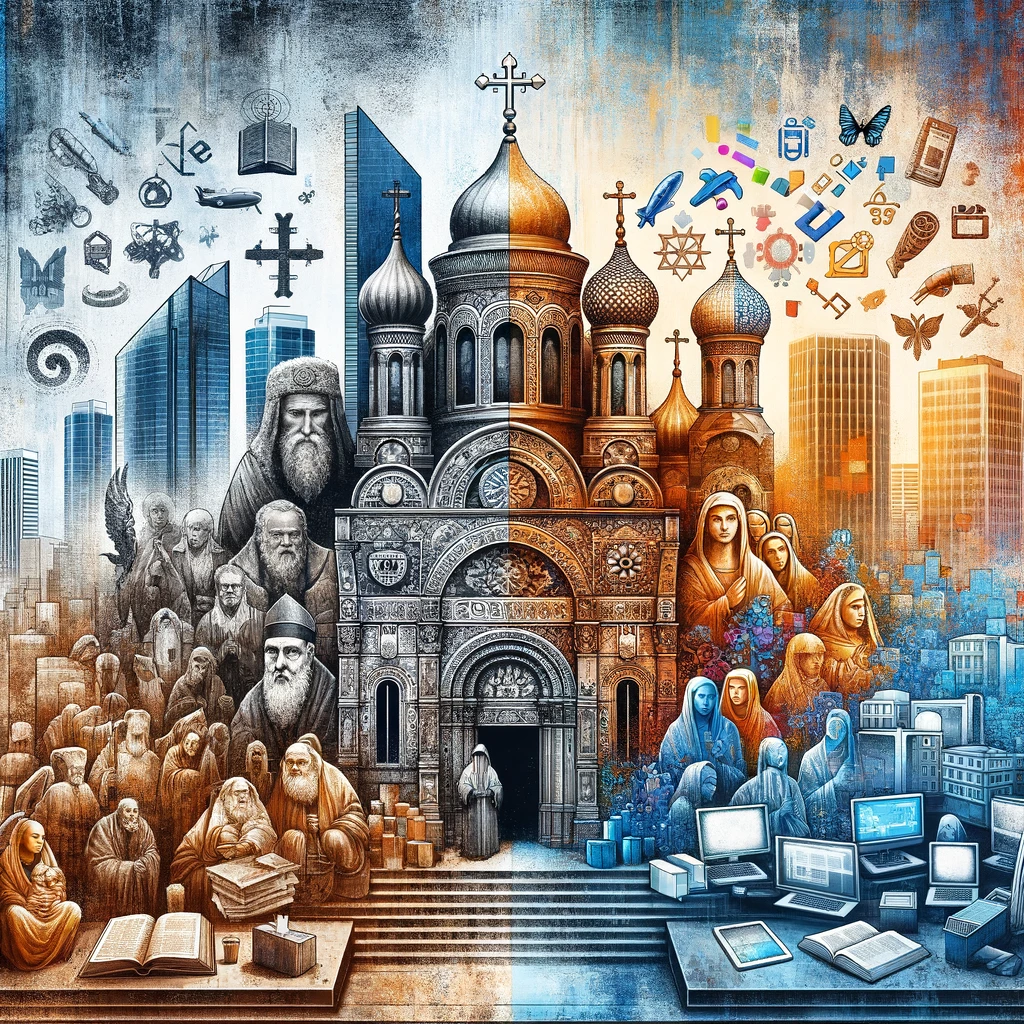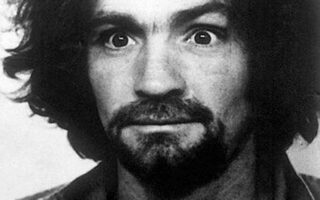In recent times, a significant shift has been observed in religious affiliations and beliefs globally. More people are identifying as non-religious or are distancing themselves from organized religion. This phenomenon has various underlying causes, reflecting broader social, cultural, and intellectual trends. Here, we explore 12 simple reasons that contribute to the decline of religion, offering insights into this complex and multifaceted issue.
1. Rise of Scientific Understanding
Advancements in science have provided alternative explanations to many questions that were once answered by religion. The understanding of natural phenomena, the universe’s origins, and human evolution have challenged traditional religious narratives, leading some to question their faith.
2. Increased Emphasis on Individualism
Modern societies place a high value on individualism, which often leads to questioning of traditional authority, including religious doctrines. People are more inclined to make personal choices based on their experiences and beliefs, rather than adhering to established religious norms.
3. Secularization of Society
There’s an increasing separation of religion from public spheres like politics, education, and workplace. This secularization reduces religion’s influence on everyday life, making religious participation less central to many people’s identities and daily practices.
4. Access to Diverse Perspectives
The internet and global media expose individuals to a wide range of worldviews and beliefs. This exposure can lead to questioning and reevaluation of one’s religious beliefs, especially when confronted with compelling alternative perspectives.
5. Decline in Religious Institutions’ Credibility
Scandals and controversies involving religious institutions have led to skepticism and mistrust. Issues such as abuse, financial corruption, and political maneuvering have disillusioned many, leading them to distance themselves from these institutions.
6. Changing Social Norms
Societal norms around issues like gender roles, sexuality, and marriage have evolved. Often, these changes are at odds with traditional religious teachings, leading to conflicts that can result in a detachment from religious affiliations.
7. Increasingly Busy Lifestyles
The fast-paced nature of modern life leaves less time for religious observance. With the hustle and bustle of daily commitments, religious practices and community involvement can take a backseat.
8. Rise of Humanism and Alternative Philosophies
Humanism and other secular philosophies offer alternative ethical frameworks. These philosophies often emphasize human welfare and happiness without reliance on religious doctrines, appealing to those seeking non-religious moral guidance.
9. Interfaith and Intercultural Relationships
As societies become more diverse, interfaith and intercultural relationships are more common. These relationships can lead to a blending or questioning of religious beliefs, sometimes resulting in a lessened adherence to traditional religious practices.
10. Desire for Gender Equality
The push for gender equality challenges traditional religious structures that often promote patriarchal values. This clash can lead people, especially women, to seek spiritual fulfillment outside of conventional religious institutions.
11. Environmental Concerns and Stewardship
Growing awareness of environmental issues has led to criticism of religions that prioritize human dominance over nature. Environmental stewardship and sustainability are increasingly important values that sometimes find insufficient emphasis in traditional religious teachings.
12. The Appeal of Rationalism and Skepticism
The philosophical movements of rationalism and skepticism encourage questioning and critical thinking. For many, this approach conflicts with faith-based religious beliefs, leading to a preference for evidence-based understanding of the world.
Religion and Spirituality
The decline in religious adherence is a complex and multifaceted phenomenon, influenced by various social, cultural, and intellectual factors. As our world continues to evolve, these factors play a significant role in shaping individuals’ relationships with religion and spirituality.
Tamila McDonald is a U.S. Army veteran with 20 years of service, including five years as a military financial advisor. After retiring from the Army, she spent eight years as an AFCPE-certified personal financial advisor for wounded warriors and their families. Now she writes about personal finance and benefits programs for numerous financial websites.


